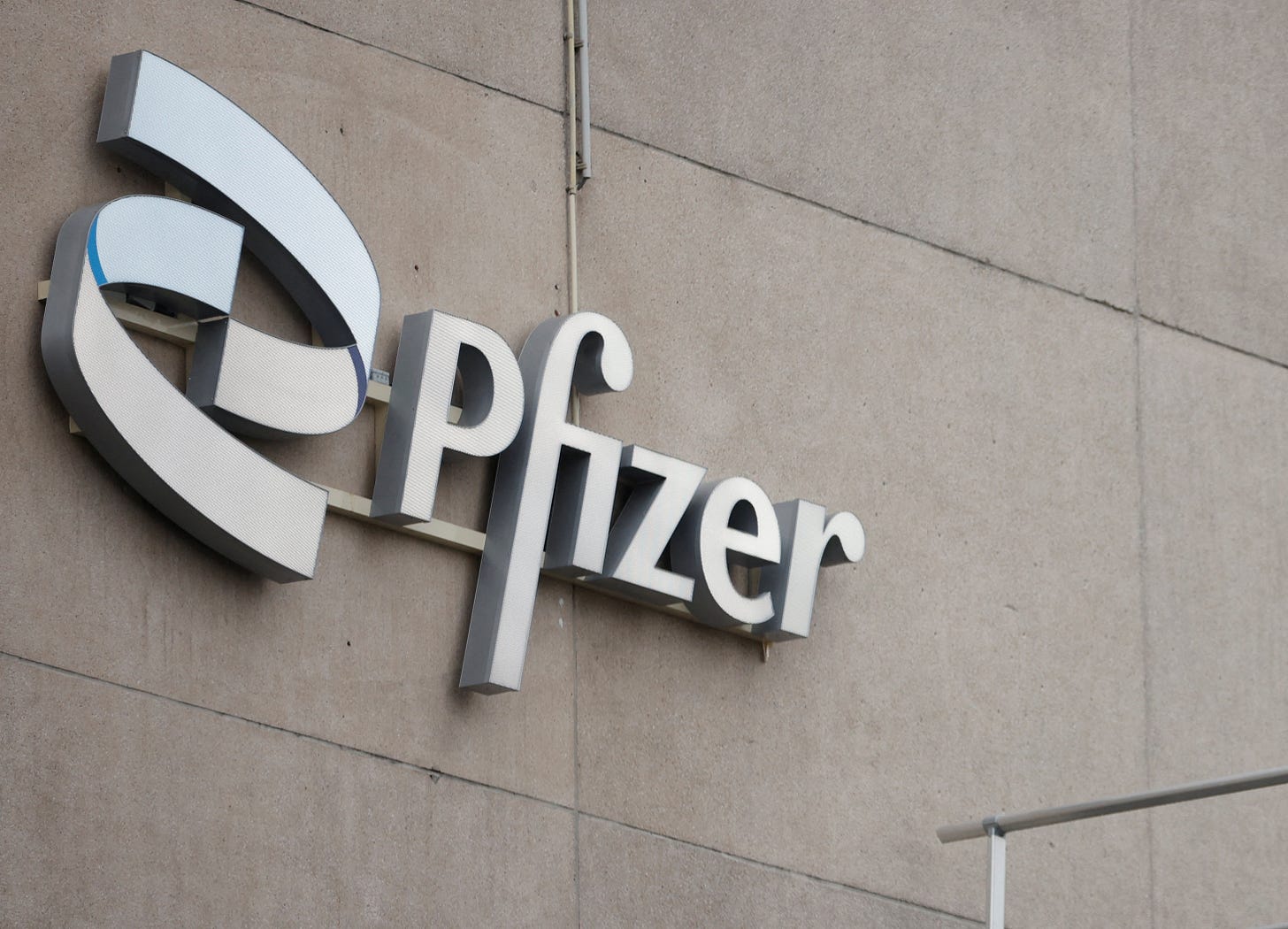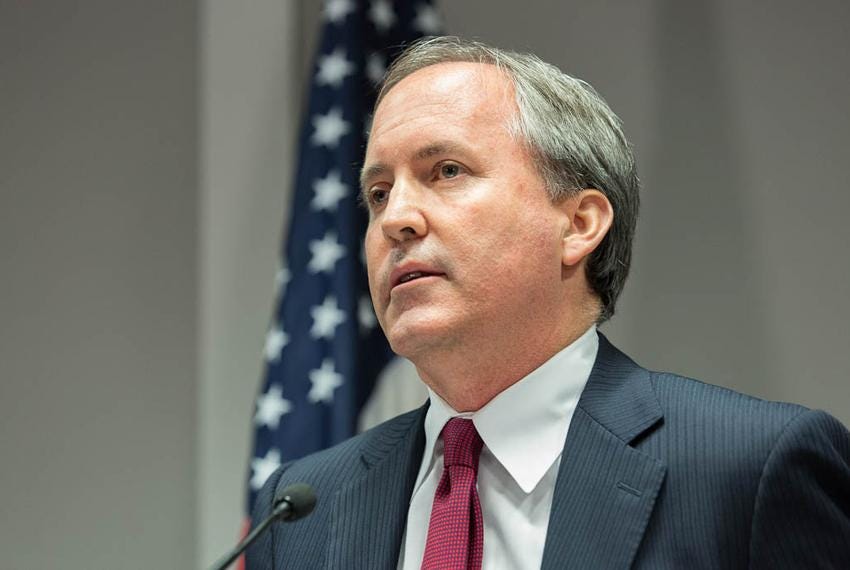Pfizer sued for “false and deceptive” COVID-19 vaccine claims
I, and others, have reported on the exaggerated claims made by vaccine manufacturers about the benefits of the COVID-19 vaccines.
In November 2020 for example, Pfizer published results in a press release claiming its mRNA vaccine was “95% effective against COVID-19.” The statistic was widely cited by politicians, academics, and the media.
Several weeks later, when details of the trial were published, it became evident the ‘relative risk reduction’ of 95% corresponded with an ‘absolute risk reduction’ of only 0.84% - a far more conservative number which was never publicly promoted.
The way in which the statistic was communicated to the public was likely to have distorted people’s perception of the vaccine’s benefit and increased their willingness to be vaccinated.
I also wrote about how Pfizer hid its data on waning immunity. Regulatory filings showed Pfizer had evidence, early into the vaccination campaign, that its vaccine’s efficacy waned, but the company waited months before alerting the public.
Pfizer would not explain why it delayed the publication of its data, but if the public was told about the vaccine’s fading efficacy at the time, it would have hampered the uptake of the vaccine.
These deceptive practises are now part of a lawsuit against Pfizer.
Texas Attorney General Ken Paxton announced this week that he’s suing Pfizer, saying the company “intentionally misrepresented the efficacy” of its vaccine and censored people “who threatened to disseminate the truth” about the vaccine in public discussions.
In a statement, Paxton wrote, “We are pursuing justice for the people of Texas, many of whom were coerced by tyrannical vaccine mandates to take a defective product sold by lies…The facts are clear. Pfizer did not tell the truth about their COVID-19 vaccines.”
Paxton is seeking more than $US 10 million in civil fines and a court order barring Pfizer from speaking publicly about the efficacy of its vaccine.





